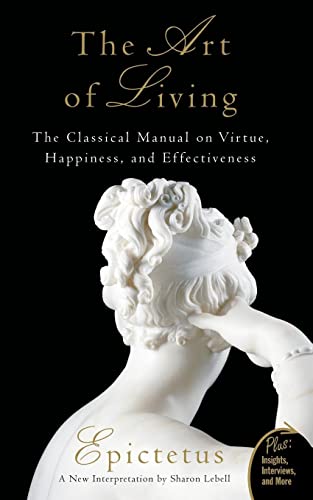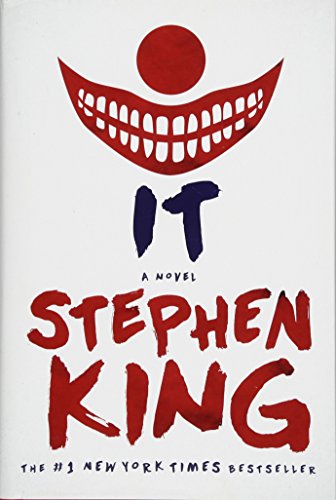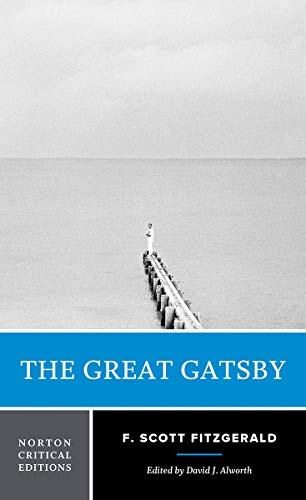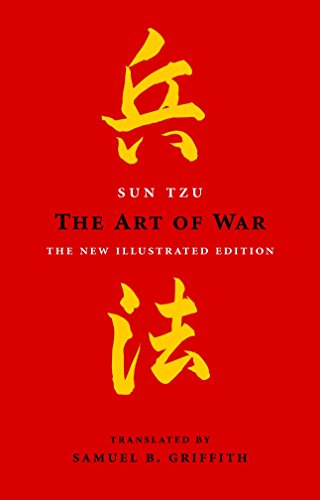Rich Dad Poor Dad
For this book summary offered by Book Rate, you can also access the book reviews from this area.
Click here to comment or see reviews for this book.
Book DetailOne Sentence-Summary: Rich Dad Poor Dad tells the story of a boy with two fathers, one rich, one
poor, to help you develop the mindset and financial knowledge you need to build a life of wealth and
freedom.
Favorite quote from the author: “The main reason that over 90 percent of the American public
struggles financially is because they play not to lose.”
Rich Dad Poor Dad is a modern classic of personal finance and favorite finance book of all time.
Although the book is controversial and often takes criticism, people still believe it’s worth reading.
Otherwise, it wouldn’t have sold over 32 million copies.
Robert Kiyosaki tells the story of his two Dad’s in his childhood. His own father and the father of his
best friend. While he speaks affectionately of both, they were very different when it came to dealing
with finances.
Rich Dad Poor Dad Summary
Many of us are too afraid of being branded as a weirdo, in order to exit the rat race . We let the two
main emotions everyone has around money dominate our decisions: fear and greed. That’s why we
still stick to the outdated mantra “Go to school, go to college, get a job, play it safe.” when in
reality no job is safe any more .
For example, when you get a raise at your job, a wise choice would be to invest the extra money. Put it
into something that builds wealth like stocks or bonds, which has risk, but a lot of potential. Maybe
you find a good fund with a 60% chance to double your money within a year, but a 40% chance of
losing it all. However, most likely your fear of losing the money altogether will keep you from doing
so.
But when your greed takes over, you might then spend the extra money on an improved lifestyle. You
might buy a fancy new car, and the payments eat up the money, for instance. This way you’re almost
certain to lose 100%. This already gives you a glimpse of how important it is to educate yourself
financially. Since we receive no financial education in school or college, sadly, this is entirely up to
you.
Look around and you’ll see plenty of financially ignorant people in your own life. Just take a look at
local politicians. Is their city in debt? Your mayor might be great, but unfortunately, he probably
doesn’t know how to deal with money.
For the same reason 38% of Americans don’t save anything for their retirement. The only way for you
to counteract this is to start now. Today is the youngest you’ll ever be, so take a close look at what
you can and can’t afford. This way you’ll be able to set realistic financial goals, even if it means
waiting for that shiny new BMW.
Next, adopt the mindset of “work to learn” instead of “work to earn”. Take a job in a field you have no
clue about, such as sales, customer service or communications, to develop new skills – you never
know what they might be good for . Set aside 5% of your income each month to buy books, courses
and attend seminars on personal finance to start building your financial IQ.
The first step toward building wealth lies in the mindset of managing risks instead of avoiding
them. Also, learn about investments to understand that it’s better to not play it safe because you’ll
miss big potential rewards. Don’t start big, just set aside a small amount, like $1,000 or even $100,
and invest it in stocks, bonds, or even tax lien certificates . Treat the money as if it’s gone
forever and you’ll worry less about losing it.
As soon as you start your journey towards wealth, you’ll realize that it’ll be quite a long one. That’s
why it’s important to stay motivated. Kiyosaki suggests creating an “I want” and an “I don’t want”
list. Include items like: “I want to retire at age 50.” or “I don’t want to end up like my broke uncle.”
Another idea is to pay yourself first each month. Take the portion of your salary you want to spend
on stocks or your financial education, invest it, and pay your bills afterward. It’ll create pressure to be
creative in making money and show you what you can afford.
Use your money to acquire assets instead of liabilities. Assets are stocks, bonds, real estate that you
rent out, royalties (for example from music ) and anything that generates money and increases in
value over time. Liabilities can be cars with monthly payments, a house with a mortgage, and of
course debt. Anything that takes money out of your pocket each month is a liability.
There’s no rush. Just stay at your full time job and “mind your own business”. In this case, your job is
what pays the bills and your business is what makes you wealthy. Build your business on the
side and use it to invest in assets until your assets eventually become the main source of your income.
You can even file a corporation to be taxed only after you’ve earned and invested, instead of being
taxed before investing as an employee and trying to live off what’s left.
The most important thing is that you start today. You are your own biggest asset, so the first thing
you should put some money into is yourself.
Last Evaluated !













